- DMG Editorial: A Parliament Without the People Cannot Govern Arakan
- Displaced Arakanese struggle to rebuild homes leveled by junta airstrikes
- India suspends Arakan trade route for two months after death of truck driver in Paletwa
- Landmine, ERW casualties rising in Arakan State amid ongoing conflict
- Eight children killed or injured in two days of shelling, UXO blasts in Hpakant
Khami National Day promotes unity among ethnic brethren
Khami National Day was commemorated at a Buddhist monastery in Sittwe on Wednesday. Organisers said the event was held with the aim of fostering unity among ethnic Khami people residing across Arakan State.
27 Apr 2022
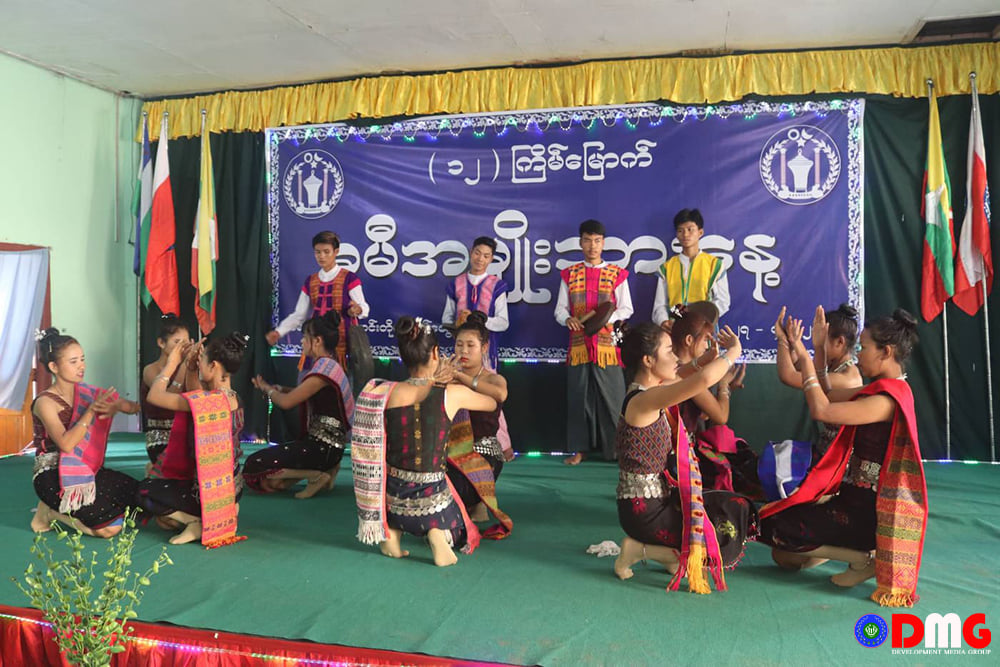
DMG Newsroom
27 April 2022, Sittwe
Khami National Day was commemorated at a Buddhist monastery in Sittwe on Wednesday. Organisers said the event was held with the aim of fostering unity among ethnic Khami people residing across Arakan State.
The annual event offers an opportunity for Khami people, most of whom live in outlying, mountainous areas, to gather for a social and cultural celebration.
“The event is held to promote unity among Khami people. As Khami people are spread across many townships, we organise Khami National Day for their gathering,” the chairman of the Khami Literature and Culture Association, U Lay Kyaw Aung, told DMG.
On April 27, 1972, a Khami national conference was convened to explore Khami culture, and the date was later designated as Khami National Day. This year marked the 12th iteration of Khami National Day.
The event on Wednesday was attended by the Arakan State military government’s ethnic affairs minister, officials from the Department of Archaeology and National Museum, and members of the Chin (Asho) Literature and Culture Association, Mro Literature and Culture Association, and Arakan Literature and Culture Association.
The annual celebration of Khami National Day will not only promote unity among Khami people but also foster friendship between the Khami and other ethnic groups, said Arakan Literature and Culture Association member Padu San Shwe.
“Khami people have lived through thick and thin with Arakanese people since time immemorial. And our friendship has been further strengthened now. Khami is a tribe of the Arakanese ethnic group, and we have therefore attended the event of our tribe,” he told DMG.
Arakan State has an estimated Khami population of nearly 90,000 people, who mainly reside in Ponnagyun, Kyauktaw, Buthidaung and Pauktaw townships.
Historically, Khami people tended to live in remote, mountainous parts of western Myanmar, relying on farming for their livelihoods. In more recent years, however, many have left their ancestral homelands to settle in Arakan State’s lower lying areas due to the difficulty of accessing healthcare and education services in the mountains.




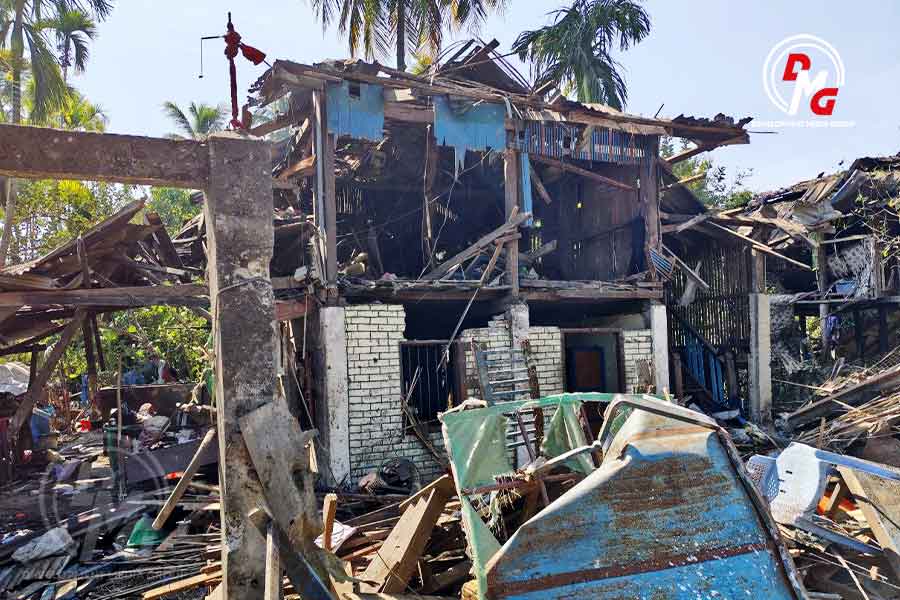
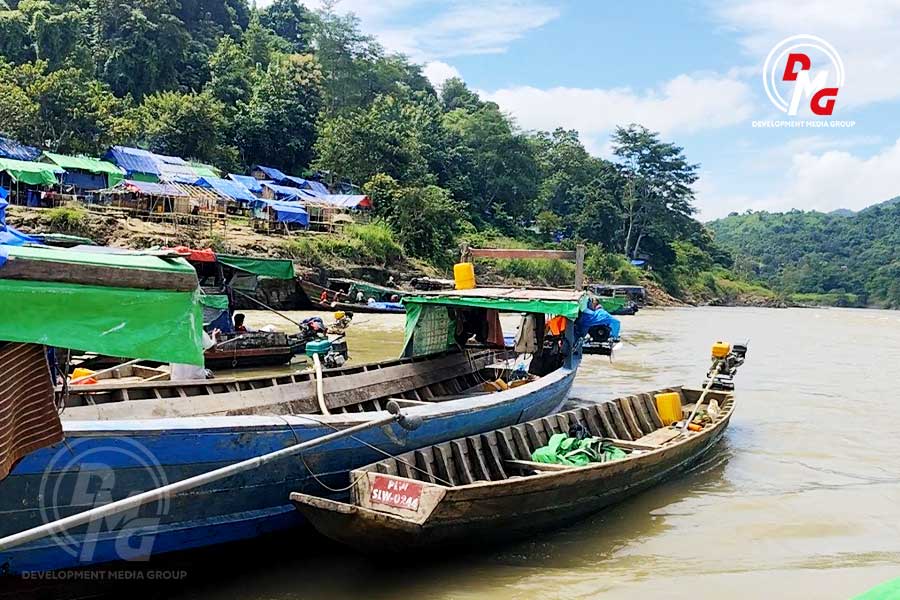
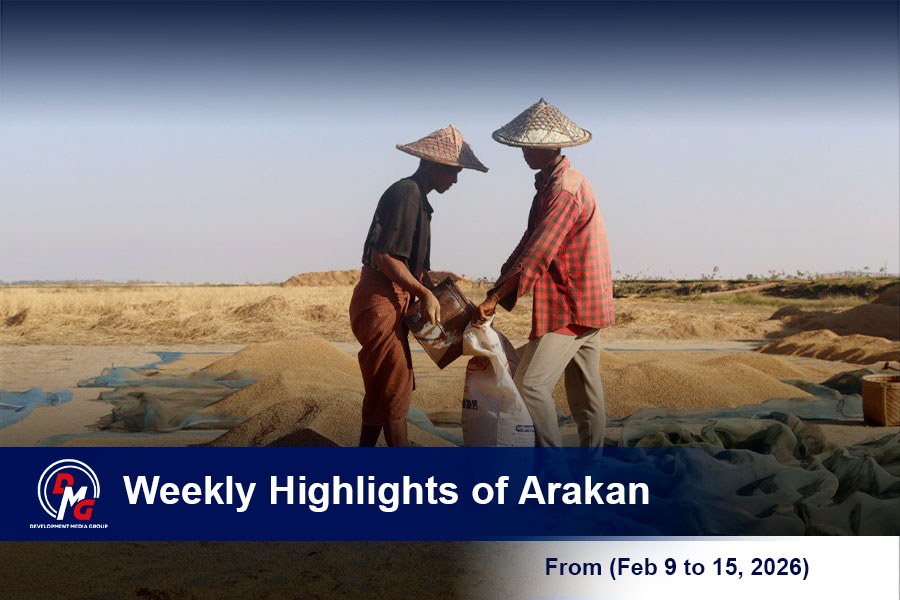
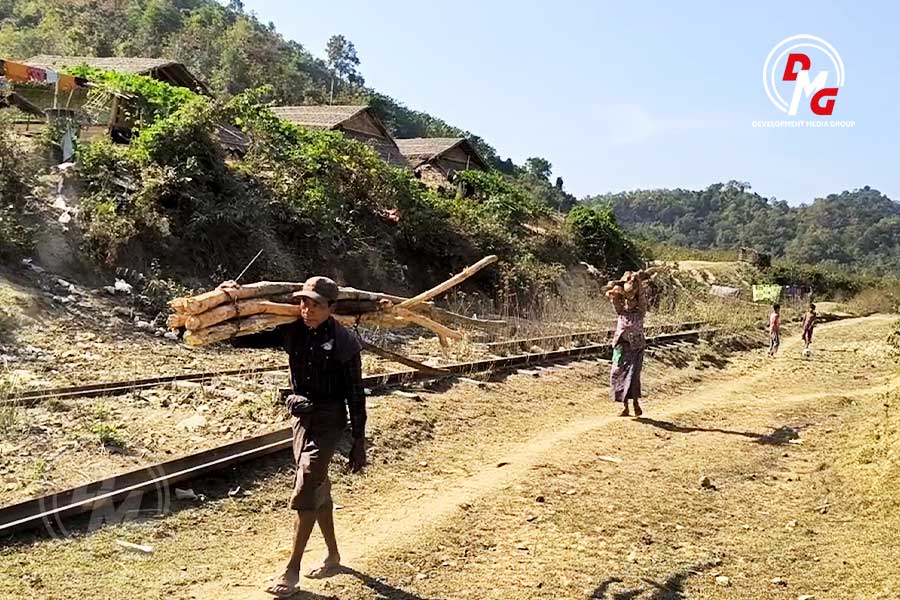
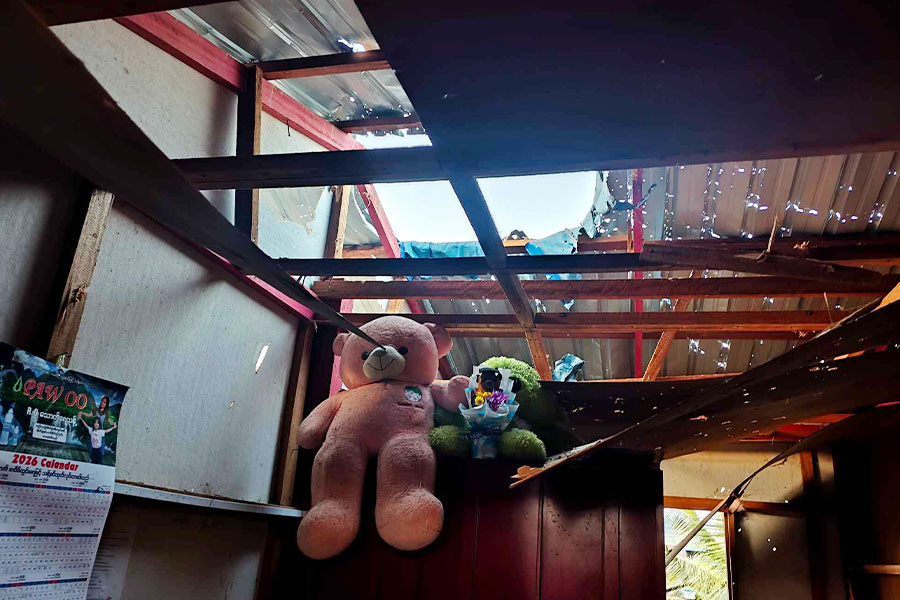







.jpg)
